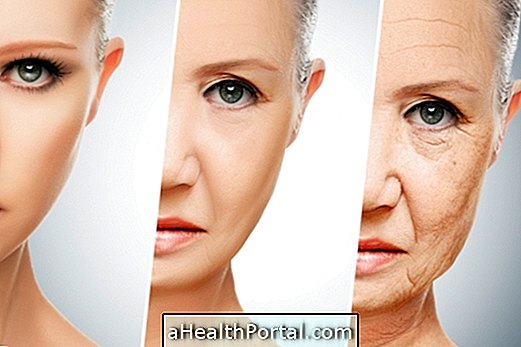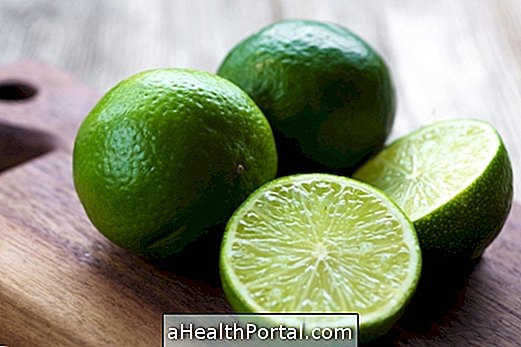Nutritional yeast is nutritional yeast in proteins, fibers, B vitamins and minerals.
This supplement that can be used to prepare rice or beans for example is especially suitable to complement the diet of vegetarians and to flavor the food, because it has a similar flavor to parmesan cheese. Thus, nutritional yeast can serve to add nutritional value to various dishes such as salads, pasta or toast, or to thicken sauces, quiches, salted pies or pates.
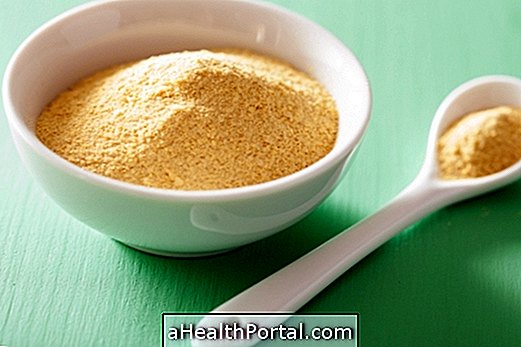
Benefits of Nutritional Yeast
Some of the benefits of nutritional yeast to health include:
- It strengthens the immune system and prevents anemia since it is a great source of B vitamins;
- It contributes to the health of the skin, hair and muscles, as it is rich in proteins;
- It improves the functioning of the intestine as it is rich in fiber.
In addition, nutritional yeast does not contain gluten and can be used in vegetarian diets to add nutritional value to meals.
Nutritional Information of Nutritional Yeast
The nutritional yeast can be used in both food and beverages, having the following nutritional information:
| Nutritional information | 15 g of Nutritional Yeast |
| Calories | 32 kcal |
| Proteins | 7 g |
| Carbohydrates | 1 g |
| Fibers | 5.3 g |
| Vitamin B1 - Thiamine | 1.2 mg |
| Vitamin B2 - Riboflavin | 1.3 mg |
| Vitamin B3 - Niacin | 16 mg |
| Vitamin B6 - Pyridoxine | 1.3 mg |
| Vitamin B12 - Cyanocobalamin | 2.4 mcg |
| Vitamin B9 - Folic Acid | 240 mcg |
| Calcium | 15 mg |
| Zinc | 2.1 mg |
| Selenium | 10.2 mcg |
| Iron | 1.9 mg |
| Sodium | 30 mg |
These amounts are for every 15 g of nutritional yeast used, which is the equivalent of 1 tablespoon full.
How to Use Nutrition Yeast
To use Nutrition Yeast it is recommended to add 1 tablespoon full to beverages, soups, pasta, sauces, pies, salads, fillings or to the bread.
In addition, nutritional yeast should only be used as directed by a doctor or nutritionist, especially if you are pregnant or breastfeeding.
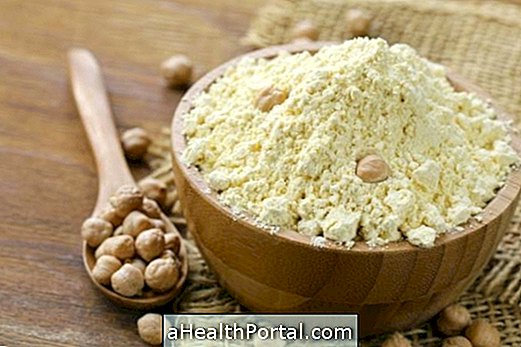

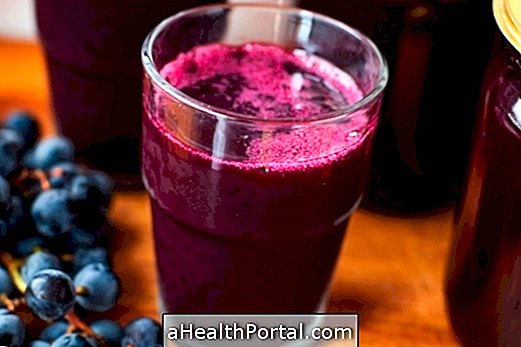
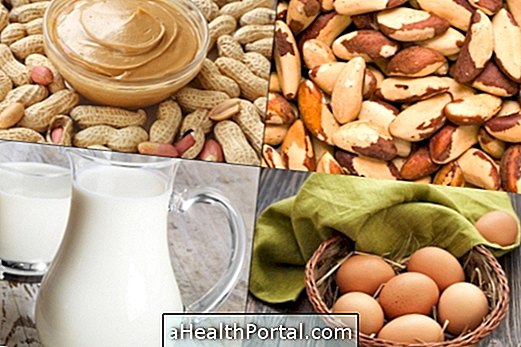
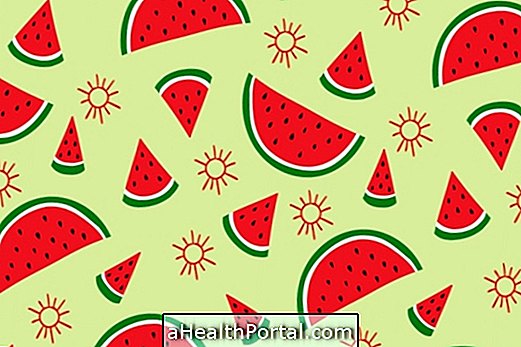

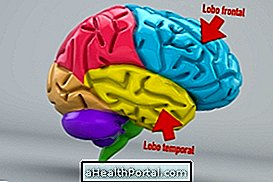
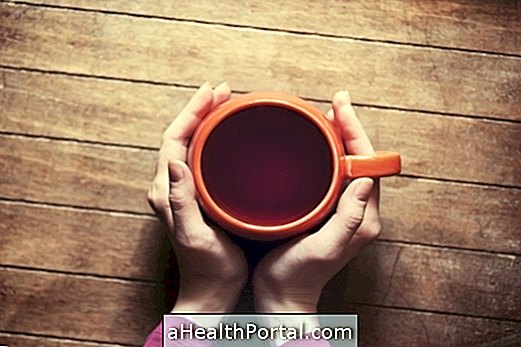
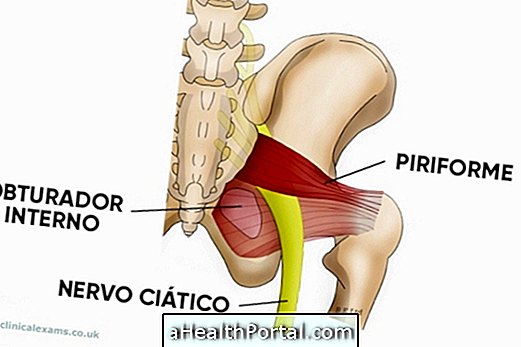
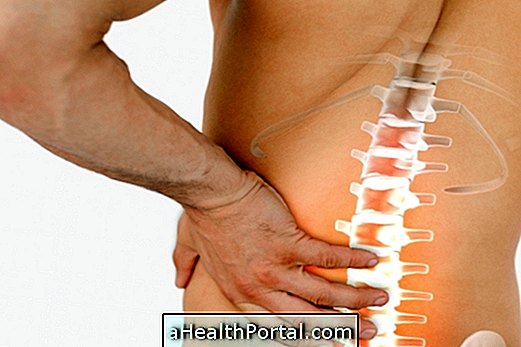
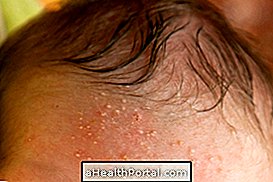



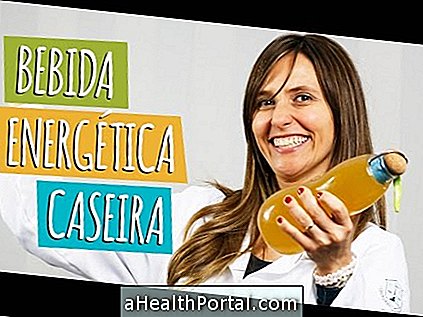
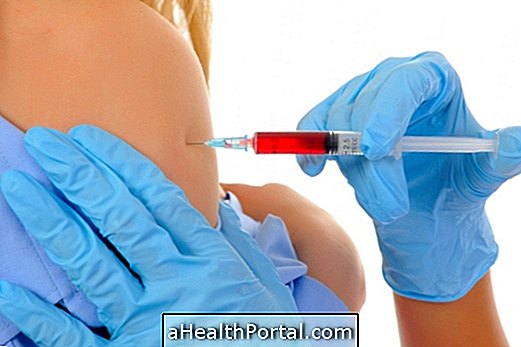
.png)
